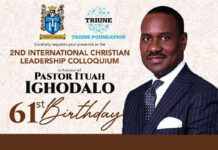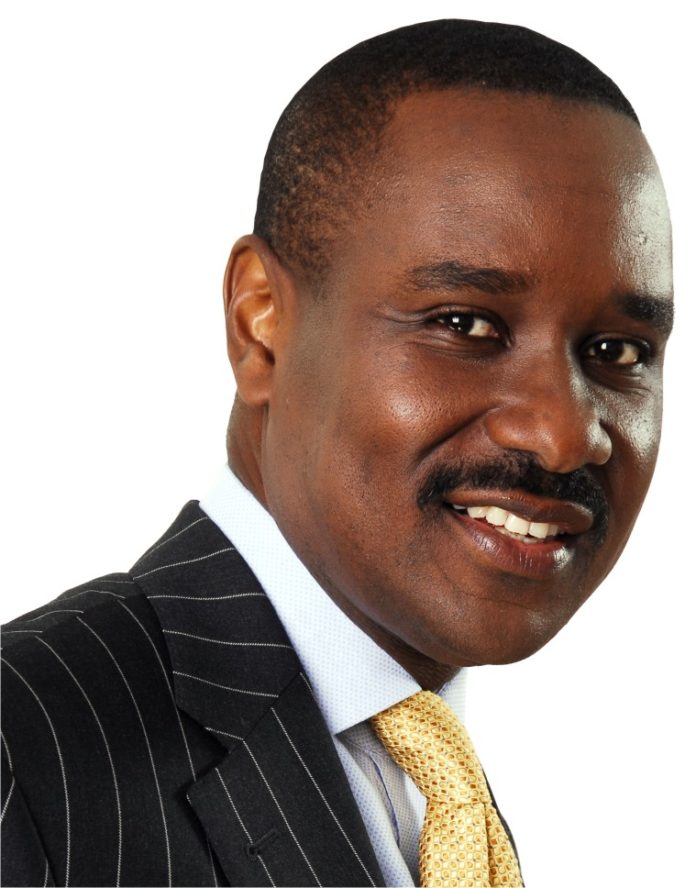Like a compass — north, south, east, and west, leadership can be in almost any direction. However, every time the word leadership is mentioned, most leaders instinctively think South. Most leaders’ minds migrate to the people who are under their care. People generally think, “I’m going to learn how to improve my ability to lead the people God has entrusted to me.” South. But to lead well, you need to be able to lead in all directions — north, south, east and west.
Leadership is the ability of an individual or organisation to ‘lead’ or guide other individuals, teams or entire organisations. It is a process of influence in which a person can enlist the aid and support of others in the accomplishment of a common task.
Good leaders have to: (1) lead north — those who are over you. Through relationship and influence, good leaders (lead) guide, advise and direct the people over them. (2) lead east and west, laterally, in peer group settings. Create win-win situations with colleagues providing efficiency and cooperation.
But perhaps the most overlooked leadership challenge is the one in the middle. Yourself. Self-leadership. Self leadership is the ability of someone to guide themselves to positive places that they have never been before. It enables a person to fulfill their potential while building a strong foundation from which to make daily decisions — both professionally and personally.
Remember Jesus’ pattern of intense ministry quickly followed by time set aside for reflection, prayer, fasting, and solitude? That pattern is repeated throughout his ministry. Jesus was practicing the art of self-leadership. He would go to a quiet place and recalibrate. He would remind himself who he was and how much the Father loved him. Even Jesus needed to invest regularly in keeping his calling clear, avoiding mission drift, and keeping distraction and temptation at bay. This is self-leadership. And nobody can do this work for you. You have to do this work yourself.
Why Is Self Leadership Important?
How effectively can any of us lead others if our spirits are sagging, our courage is wavering and our vision or commitment is weak? Daniel Goleman in the best-selling book, ‘Emotional Intelligence’ analyses why some leaders develop to their fullest potential and why most hit a plateau far from their full potential. His conclusion? The difference is self-leadership. He calls it “emotional self-control.”
Characteristics of Self Leadership
According to Goleman, the following characterises maximises leadership potential:
- Tenaciously staying in leadership despite overwhelming opposition or discouragement.
- Staying in the leadership game and maintaining sober-mindedness during times of crisis.
- Keeping ego at bay.
- Staying focused on the mission instead of being distracted by someone else’s agenda.
All these indicate high levels of emotional self-control. Goleman says, “Exceptional leaders distinguish themselves because of superior self-leadership.”
Self Leadership Pointers
To ensure that you are continually practising self-leadership, you must ask yourself several self-leadership questions on a regular basis.
(1) Is my calling sure? Ask, “What’s my mission? As a leader, it’s your responsibility to keep your calling sure. Keep reminding yourself.
(2) Is my vision clear? You must see a clear vidion and believe in it. Clarify the vision and keep it clear. Believe in yourself and your vision.
(3) Is my passion hot? Keep your passion hot. Do whatever you have to do, read whatever you have to read, go wherever you have to go. Jack Welch, the celebrated leader of General Electric, says, “People in leadership have to have so much energy and passion that they energize and impassion people around them.”
(4) Is my character submitted to God? Leadership requires moral authority. Followers have to see enough integrity in the leader’s life. A man who wants to possess the future carefully nurtures his reputation, being mindful of what he does and says. A good reputation is built on trust. You must be honest in your dealings and be possessed of integrity.
(5) Do I have self discipline and do I lead by example? The leader must go the extra mile to discipline himself and lead by example.
(6) Are my fears at bay? Fear immobilises and neutralises leaders. Fear of Failure. Fear of Inadequacy. Fear of Embarrassment. Fear of People. Are you afraid of taking responsibility or making the wrong decision? Success depends on ability to make decisions, and so does your future as a leader. Over-analysis or not making a decision at all can impede progress. So can knee-jerk decisions that are not made with solid information.
(7) Are interior issues undermining my leadership? All of us have some wounds, some losses, and some disappointments in our past, that has helped shape or misshape us into the people we are today. Leaders who ignore their interior reality often make decisions that have grave consequences for the people they lead.
(8) Am I mastering my nature:To master your nature, you must control your appetite and your tendencies. You must discipline your thoughts and control your emotions and regulate your temperament. You must curb yourself of destructive tendencies.
(9) Are my motives genuine, sincere and clear? A lot of leaders fail becayse they have ulterior motives. They are insincere and deceptive.
(10) Is my pace sustainable? Don’t bite off more than you can chew. Don’t over-commit. Commit yourself to developing an approach to leadership that will enable you to endure over the long haul.
(11) Do I know my onions? This is the mastery of knowledge and competence. Be competent. Acquire knowledge. Be a master at what you do. Be humble and willing to learn. You must develop critical thinking ability.
(12) Do I lead within the rules, am I open to comments and criticisms and am I jealous of the success of others especially subordinates?
Conclusion
The best gift you can give the people you lead is a healthy, energised, fully surrendered, disciplined and focused self. “You will never have a greater or lesser dominion than that over your self…the height of a man’s success is gauged by his self-mastery…he who cannot establish dominion over himself will have no dominion over others.”
– Leonardo Da Vinci



























